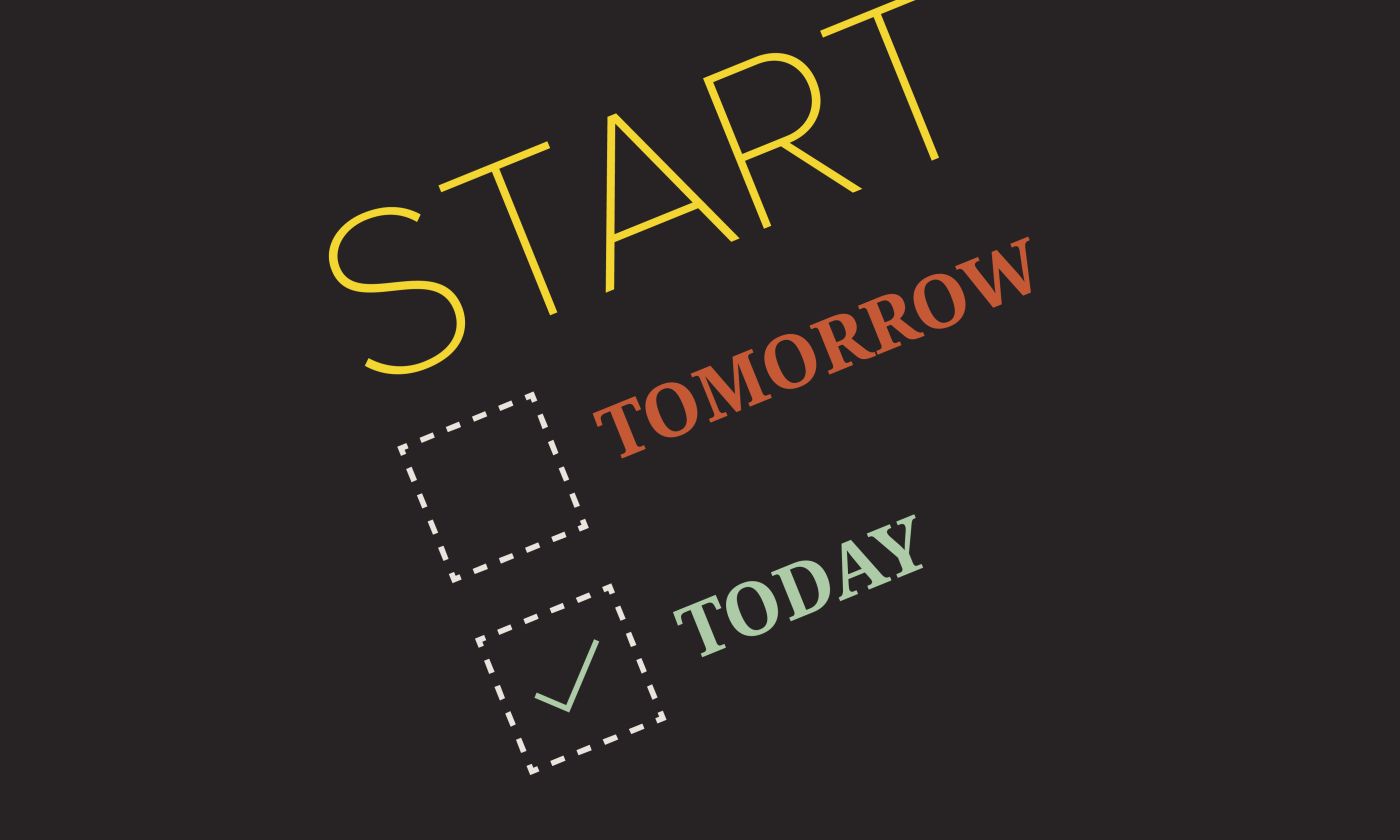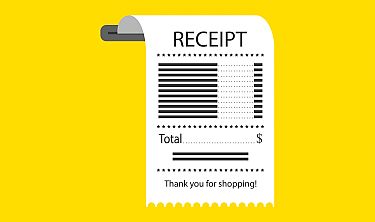Independents are a confident crowd: Nearly nine out of 10 are bullish about the future of freelancing – they see the industry’s top times ahead, according to a recent Upwork-Freelancers Union study. But we know the economy doesn’t always cooperate. Just look at the Dow’s recent 600-point drop (what a reminder this American boom isn’t going to last forever).
Thinking about going solo? Try it while the economy is hustling, says Cornell University professor Louis Hyman, who directs the Institute for Workplace Studies. He’s also the author of “Temp: How American Work, American Business, and the American Dream Became Temporary.”
“Now's a great time to try your hand at freelancing and try your hand at this new economy,” says Hyman. That’s compared to an inevitable economic downturn, when demand drops and competition jumps - even if a freelancers are a good option for tight-fisted clients.
Bottom line, he says: “Jump in now.”
Why Now?
We’re enjoying the country’s second-longest economic expansion in the record books. The 2008 financial crash is a distant memory, but past is prologue, and some experts are predicting a looming downturn. Just don’t ask for an exact date.
We’re long overdue, says Hyman, “If this economy works like the economy has worked since the beginning of capitalism, then ... sometime in the next few years there will be a recession.”
But fear of the future isn’t everything. For now, the economy’s strength is improving terms and opportunities for workers who want traditional jobs, according to a 2018 report by MBO Partners. The report found those circumstances also give full-time independents leverage. Sectors experiencing talent shortages offer high-skill freelancers negotiating power with those clients.
The increase in full-time independents earning $100,000 or more helps tell the sunny story: Their ranks jumped from 1.95 million in 2011 to 3.3 million in 2018, the report found. MBO Partners attributes the surge in part to the growing economy pushing up demand for skilled solo workers, allowing freelancers to charge higher fees and get more work.
On the client side, executives reported that external workforce makes up about 44 percent of their labor spending in a recent SAP Fieldglass survey of businesses with $500 million-plus revenues, “momentum” that the firm expected to continue.
Hyman encouraged would-be independents to give solo work a try now while demand is strong.
“Now's a better time to try it out and ... try to establish a reputation,” says Hyman. “Reputation and network is everything in freelancing. So, you know, whether that's a real life kind of reputation or it's a reputation mediated by some sort of online ranking system, that's what's gonna set you apart."
If Not, Watch for the Recovery
If you decide to stay on the sidelines for now (hey, the top reason moonlighting independents balk at going full time is worry about unpredictable income), here’s some advice once the recession hits: Watch for the upswing.
In most recessions before 1991, Hyman says people who were laid off would be rehired during the recovery. Since then, economic research shows we’ve experienced recoveries in which businesses instead subcontract out work to freelancers, temps and other companies. That’s a development Hyman expects to persist.
“In the next recession, whenever it happens, because the business cycle is long overdue for a recession, we should expect that corporations will shed jobs again,” says Hyman. “And then they will look to something else to make up that gap. And because we now have a more visible freelance economy, my expectation is that they will look to freelancers to fill in that gap.”
Fundamentals Won’t Change
Good times or bad, big incentives for most full-time independents lay outside of money. It’s more about being their own boss and having schedule and location flexibility, the Upwork-Freelancers Union survey found. Making financially beneficial connections and finding work as a freelancer might become more difficult in harsher economic times, but that isn’t going to change the allure of independence for talented people who want the solo lifestyle.
“I would try it out and see what it's like. And it might surprise you that you like it better,” Hyman says. “That happens for a lot of people. They just sort of try it out, and then they start to realize that they hate their boss and they hate their desk and they hate the bureaucracy and they don't want to wake up and go to the office during the commute and they'd rather spend their time doing other things, and I think that's a perfectly reasonable way to live your life. And so I think, you know, for some people it works out great and ... now's a great time while the economy is booming.”





